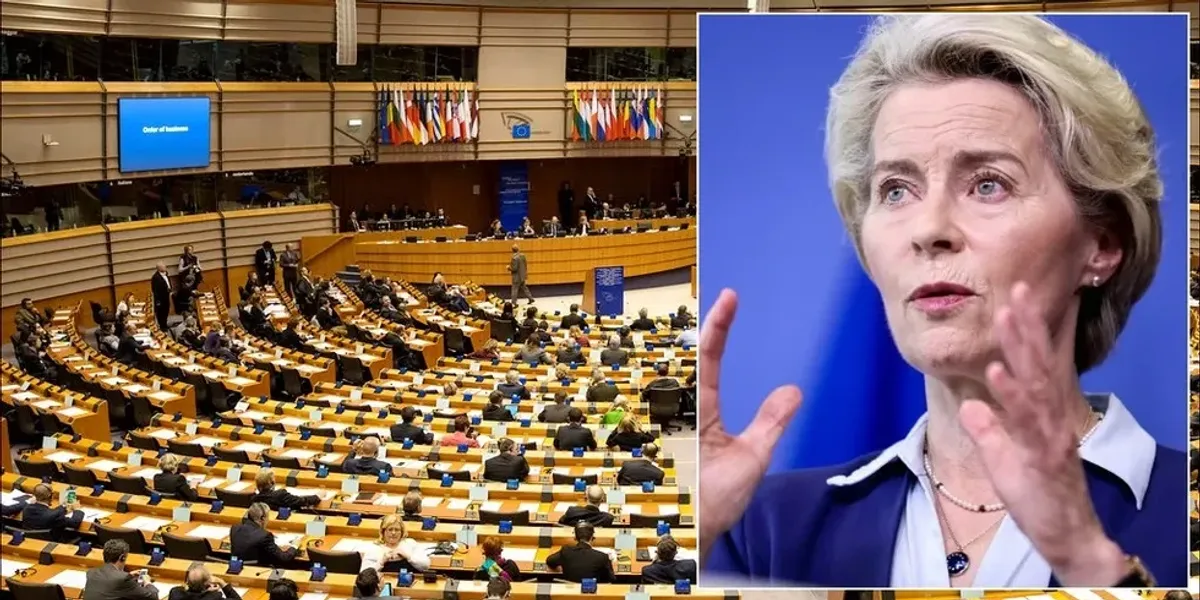
 Press Releases
Press Releases 
The future of the EU’s borders hangs in the balance today, as MEPs are voting on a series of laws that form a new migration pact.
The Migration and Asylum Pact aim to overhaul the EU’s migration and border rules. But there’s a chance MEPs vote down the pact today, which could kill the plans for years to come.
The plans propose the detention of migrants for up to six months in some cases, as well as the detention of unaccompanied minors deemed to be a security risk.
They also limit the number of people coming into the EU, as well as coming to an agreement designed to share the cost of hosting migrants and refugees.

The future of the EU’s borders hangs in the balance today, as MEPs are voting on a series of laws that form a new migration pact
Flickr/Getty
Ukrainian refugees will be exempt from the restrictions, as part of the EU’s temporary protection directive.
The debate on the legislation starts at midday, with voting beginning at 5pm.
The new migration pact comes in the wake of mounting pressure on the EU to introduce measures to crackdown on migration from its member states.
It comes alongside growing popularity of right-wing parties in member states, most of whom are campaigning on a promise to limit migration.
More than 11 EU countries had already broken with Schengen free movement rules to introduce controls on migration.
Countries including France, Slovakia, Sweden and Germany have re-instated border restrictions including identity vetting, passport checks, police interviews, static checkpoints and vehicle inspections.
Such restrictions on movement were abandoned many years ago as part of the Schengen Treaty.
But they are now viewed by a number of countries as being essential to stop “infiltration” by terrorists posing as migrants.
Peter Szijjarto, the foreign minister of Hungary, last year issued a warning to the EU over its migration policy.
He said: “If Brussels does not change its migration policy, we could find ourselves where we do not want to be: in an era of Europe torn apart by old borders.”
This came after Italy escalated its own internal border checks with neighbouring Slovenia as part of an attempt to reduce the “increased threat of violence within the EU”, which the country believes has escalated since the outbreak of the Israel-Hamas war.
24World Media does not take any responsibility of the information you see on this page. The content this page contains is from independent third-party content provider. If you have any concerns regarding the content, please free to write us here: contact@24worldmedia.com